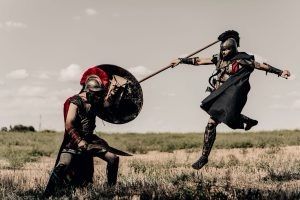Have you ever wondered who the greatest and most formidable warriors in history are? We did too, which led us to gather insights about these legendary figures. Delving into the lives and military accomplishments of ancient warriors is both captivating and essential for understanding the extreme challenges faced in warfare.
War, however, is never without profound losses. The aftermath of battles between nations often includes not only immediate devastation but also long-lasting consequences, such as economic collapse, famine, orphaned children, and escalating violence. Soldiers, too, bear the brunt of war’s toll, enduring physical and psychological injuries, such as shell shock, lost years of their lives, and, in many cases, permanent disabilities.
The warriors who fought for their countries achieved extraordinary feats on the battlefield, often refusing to abandon their comrades and securing victories that would shape the course of history. These individuals, through their bravery and strategic prowess, earned a place in the annals of time, although their heroism does not necessarily equate to virtuousness. While we can admire their military achievements, it is equally important to reflect on their motivations for going to war.
These fearless warriors fought with incredible courage and wisdom, seeking peace and prosperity for their people. Their bravery is worth remembering and honoring. One way to commemorate their valor is by creating customized Military Coins, which serve as meaningful keepsakes and enduring symbols of inspiration, preserving their legacies for future generations.
Studying the greatest warriors in history is valuable, especially in light of the fact that conflict still exists today. By understanding the causes and outcomes of past wars, we might better prevent repeating the mistakes of history. While it’s impossible to definitively declare the deadliest warrior of all time, we’ve compiled a list of warriors whose names deserve consideration for that title.
The Origins of Warriors
Warriors have existed in various forms throughout history, from foot soldiers and warlords to conquerors and military tacticians. Combat was their profession, and for many, it remains one of the world’s oldest vocations. The first warriors were often hunters, responsible for protecting their tribes and securing food. As civilization advanced, warriors specialized in different areas. Today, we have foot soldiers for land combat, naval forces for sea battles, and snipers (formerly archers) who strike from a distance. The advent of fighter pilots added a new dimension to modern warfare, challenging traditional ground forces.
In ancient times, becoming a skilled warrior required immense physical and mental strength. Those who excelled often rose to positions of power as generals or kings, expanding their influence by conquering tribes and nations with the help of other warriors. Many great warriors served under rulers—such as knights who fought for kings—while others, like mercenaries, offered their services to the highest bidder. Assassins, skilled in stealth and precision, also became prominent figures in warfare.
History’s Greatest and Strongest Warriors
Now that we’ve explored the origins of warriors, let’s look at some of the most famous warriors by name. Below, we’ve listed 10 of history’s greatest warriors, detailing their accomplishments, the eras they lived in, and the weapons they mastered.
10. Vlad the Impaler
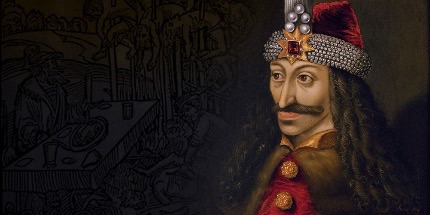
Vlad the Impaler, also known as Vlad III Dracula or Vlad Tepes, is a historical figure whose name has become infamous, largely due to his association with the vampire legend popularized by Bram Stoker’s Dracula. Born in Transylvania, Vlad was the prince of Wallachia, a region he fiercely defended during his reign.
In 1442, Vlad and his younger brother were taken hostage by Ottoman Sultan Murad II, while their father, Vlad II Dracul, was responsible for holding back the Ottoman Empire’s advance. After their release, Vlad returned home only to find that his father and older brother had been murdered by Wallachian nobles.
Determined to reclaim his throne, Vlad spent eight years fighting to secure his rule, during which time he became notorious for his brutal method of impaling his enemies on stakes. This gruesome practice was used both against domestic enemies and invading forces. One of the most notorious stories recounts how he left a battlefield covered in impaled bodies to intimidate the approaching Ottoman army.
Though later imprisoned by Matthias I of Hungary and eventually killed in battle, Vlad is still remembered as a national hero for his efforts in defending Wallachia. His brutal reputation and fierce resistance to the Ottoman Empire are said to have inspired Stoker’s portrayal of Count Dracula, a character known for his ruthlessness and dark, supernatural aura, capable of challenging powerful enemies.
9. Miyamoto Musashi
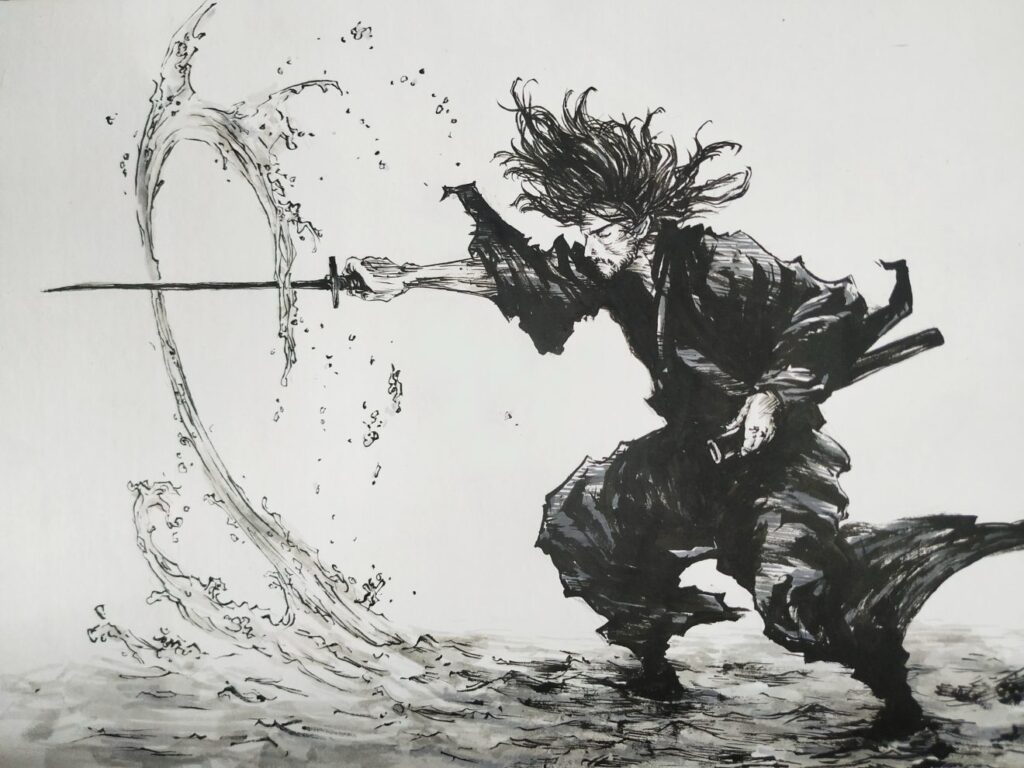
Next on our list of the greatest warriors is Miyamoto Musashi, a legendary ronin, or masterless samurai, renowned for his unparalleled swordsmanship. Born in 1584 in the province of Harima, Japan, Musashi lived during the Edo period (1603–1867) and died on June 13, 1645. His birth name was Miyamoto Masana, but he later adopted the pen name Niten, reflecting his mastery in both martial arts and fine arts.
Musashi’s rise as a warrior began at just 13 when he killed a man in his first duel. He later fought on the losing side of the Battle of Sekigahara, supporting Ishida Mitsunari. After this defeat, Musashi chose the path of a ronin, dedicating himself to perfecting the art of sword fighting. His dedication led him to create the nito ichi-ryu (two-heavens-as-one) style, which involved wielding two swords simultaneously, a technique now synonymous with kensai, or sword saints.
One of Musashi’s most famous duels was against Sasaki Kojiro, an equally skilled swordsman. Musashi entered the duel armed only with a wooden sword carved from an oar and emerged victorious with a single blow to Kojiro’s head. This victory solidified his legendary status. Following this, Musashi retired from dueling and dedicated his time to teaching, even playing a role in quelling the Shimabara Rebellion in 1637.
During his later years, Musashi wrote The Book of Five Rings, a treatise on martial arts strategy and philosophy, which has since become a seminal text studied by warriors and strategists worldwide.
In addition to his martial prowess, Musashi was also an accomplished artist, mastering suiboku-ga, a style of monochrome ink painting. His artwork, often depicting birds and nature, remains a lasting testament to his diverse talents beyond the battlefield.
8. Hannibal Barca
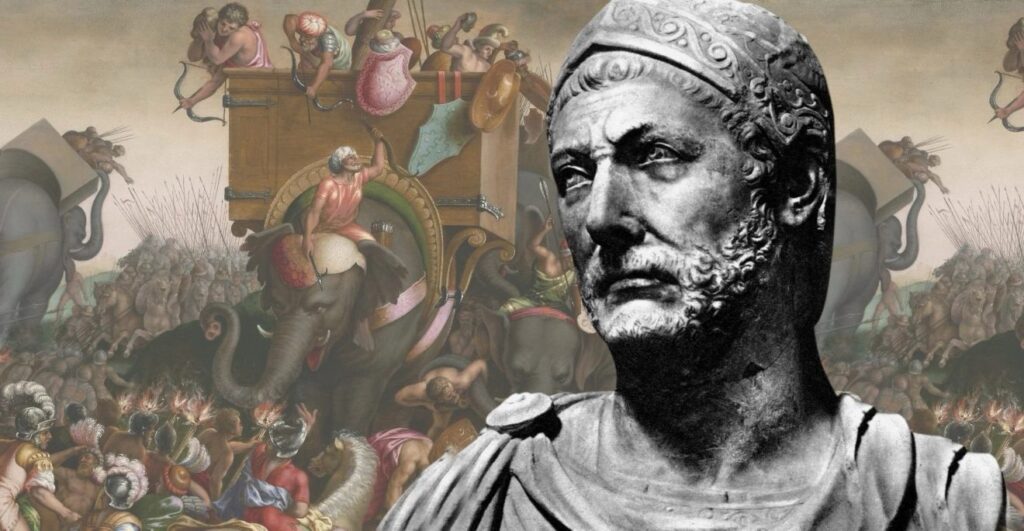
Hannibal Barca stands as one of the most legendary figures in military history. Born around 247 BCE in North Africa, he met his end between 183 and 181 BCE in Libyssa, Bithynia, now modern-day Gebze, Turkey. Hannibal is best known for his leadership of Carthaginian forces during the Second Punic War, where he led a bold and relentless campaign against Rome.
The son of the prominent Carthaginian general Hamilcar Barca, Hannibal was deeply shaped by his father’s hatred of Rome. According to historians Polybius and Livy, Hamilcar made young Hannibal swear a lifelong oath to remain an enemy of Rome, a vow that would define his military career.
Following the death of Hasdrubal, Hannibal took command of Carthaginian forces in Spain. He cemented alliances by marrying the Spanish princess Imilce and further strengthened Carthage’s power by subduing several Spanish tribes, including the Olcades and Vaccaei. These victories enabled him to dominate the Carpetani region and expand Carthage’s influence.
Hannibal’s military genius earned him a lasting reputation, particularly for his daring and innovative strategies. One of his most famous feats was leading his army, complete with elephants, across the Alps to invade Italy, a move considered nearly impossible. Even while under ambush from a Gaul tribe during the crossing of a river, Hannibal outmaneuvered the attackers, preserving his army and proving his tactical brilliance. His alliance with Boii, a Gallic leader who helped guide him through the Alps, further enhanced his campaign’s success.
After years of warfare, Carthage eventually fell to Rome, and a peace treaty was signed. The Romans, however, continued to view Hannibal as a lingering threat due to his tactical skill and influence. Rather than face capture by Roman forces, Hannibal chose to end his life, ensuring he would not live to see Rome’s victory over him. His legacy endures as one of history’s greatest military leaders and a symbol of defiance against overwhelming odds.
7. Basil II
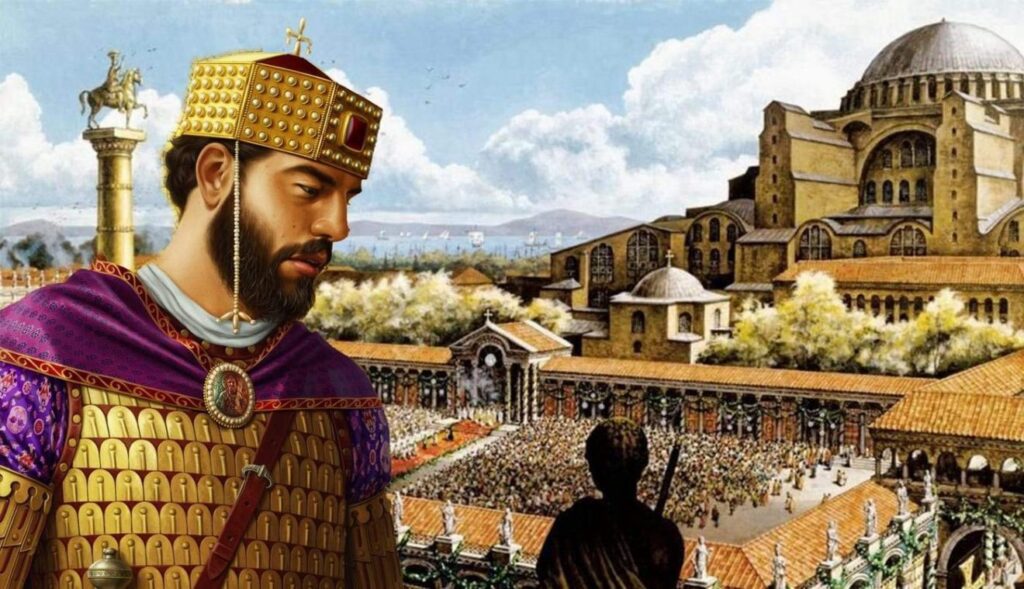
One of the greatest warriors in ancient history was Basil II, also known as Basil Bulgaroctonus, or Basil the Slayer of the Bulgars. Born around 957 or 958 and passing away on December 15, 1025, Basil II reigned as Byzantine emperor until his death, during which time he significantly expanded the empire’s territory, extending imperial rule over Armenia, Georgia, the Balkans, and Mesopotamia. He also consolidated his authority by curbing the power of both the church and the military nobility.
Historians regard Basil II as one of the most formidable warriors and effective rulers of the Byzantine Empire. Known for his commanding presence and keen political mind, he filled a critical leadership void during a turbulent period in Byzantine history.
Basil II ascended to the throne alongside his brother Constantine at a young age, leaving them vulnerable to power struggles within the empire. With help from his uncle, Basil the Chamberlain, Basil II managed to stabilize his reign, eventually banishing his uncle to solidify his grip on power.
Throughout his reign, Basil II focused on expanding Byzantine influence. His most famous conquests were in Armenia and Georgia, but his greatest triumph came with the defeat of the Bulgarian kingdom, which was ruled by Tsar Samuel. Basil II skillfully secured alliances and waged a relentless campaign to subjugate the Balkans.
In one of the most infamous displays of power in history, Basil II blinded over 100 Bulgarian soldiers, leaving one soldier in each group with one eye to lead the others home. This brutal act sent a chilling message of dominance to Tsar Samuel, who reportedly fainted upon witnessing the aftermath. Basil’s cruelty cemented his reputation as both a feared and admired warrior emperor.
6. Teuta
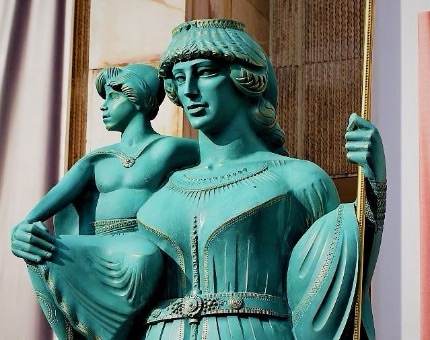
Another remarkable figure among history’s greatest warriors is Pirate Queen Teuta, also known as Teutana, revered as the “mistress of the people.” While her early life remains largely unknown, historians confirm that she ruled over Albania from 231 to 227 BCE.
Teuta became queen regent after the death of her husband, King Agron of Illyria, in 231 BCE, governing on behalf of her stepson, Pinnes. Unlike many regents, she aggressively continued her husband’s expansionist policies, particularly in the Adriatic Sea.
Teuta established herself as one of Illyria’s most formidable leaders, dominating the seas with her naval forces. She launched raids on merchant ships and coastal towns, targeting Roman and Greek vessels. Her success as a pirate queen eventually caught the attention of the Roman Republic, which demanded that she cease her piracy.
Teuta’s actions, particularly her refusal to stop, led to increasing scrutiny from Rome. When a Roman ambassador insulted her, Teuta ordered his execution—an act that provided the Romans with a reason to declare war on her kingdom.
Rome responded with a large military campaign, forcing Teuta into an unfavorable peace treaty. Although defeated, her reputation remained strong, as even the Roman Republic recognized her as a powerful figure who demanded their attention to secure control of the region.
It’s important to note that Roman and Greek historical accounts of Teuta are often biased, reflecting the misogynistic attitudes of the time. As a result, many depictions of her are likely colored by these prejudices, making it difficult to fully gauge her true character and leadership. Nonetheless, Teuta’s legacy as a powerful woman commanding the seas endures.
5. William Wallace
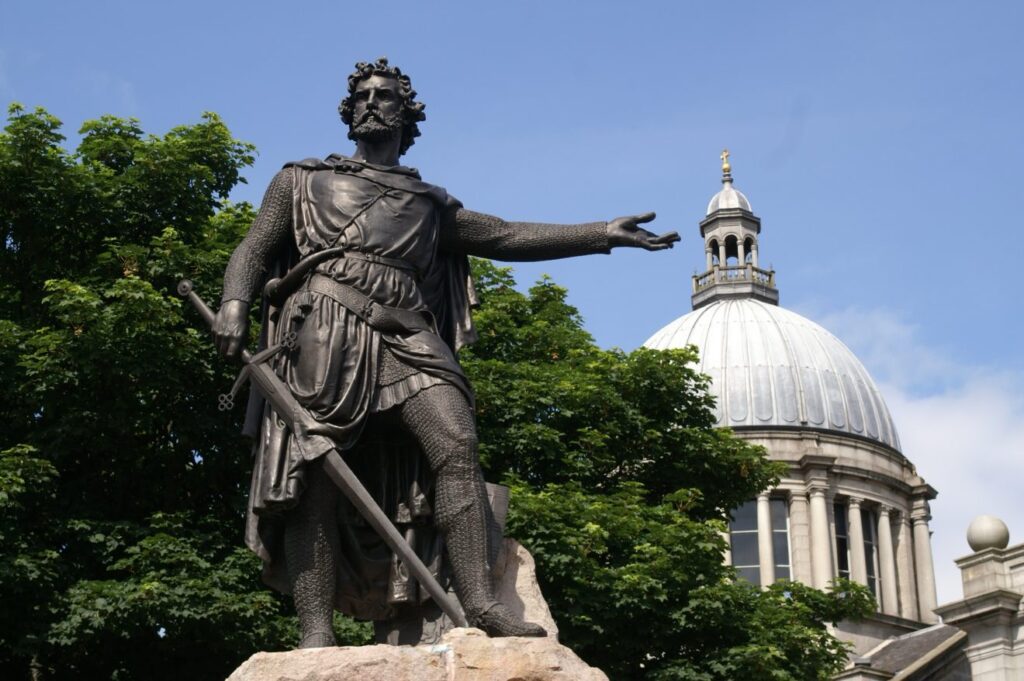
Next on our list of greatest warriors is the revered Sir William Wallace. Born around 1270 in the area of Paisley, Renfrew, Scotland, he died on August 25, 1305, in London. His relentless fight against England’s King Edward I earned him the status of Scotland’s greatest national hero.
Sir William Wallace rebelled when King Edward I captured and imprisoned John de Balliol, Scotland’s king. Alongside 30 other men, Wallace incited a riot in the small town of Lanark, ki!ling the local English sheriff. He later allied with William “the Hardy” Douglas to overthrow the English justiciar at Scone and invaded English garrisons between the rivers Forth and Tay.
Wallace and his allies continued their rebellion, with the Battle of Stirling Bridge marking one of their most significant victories. Wallace and Andrew de Moray successfully repelled English forces led by John de Warenne, the Earl of Surrey. Despite their triumph, de Moray succumbed to battle injuries, but the victory was crucial in freeing Scotland from English rule.
Upon returning to Scotland, Wallace was knighted and given the title of Guardian of Scotland. He excelled in organizing the military and restoring order to Scotland.
King Edward I attempted another invasion of Scotland, but Wallace ensured that the English army was deprived of supplies by the time they confronted him, crippling their campaign.
Wallace was eventually captured through betrayal by King Edward I and met a brutal fate; he was disemboweled, beheaded, and hanged. His limbs were displayed across England, and his head was placed on the Tower of London. Ultimately, Wallace’s remaining ally, Robert the Bruce, would achieve Scotland’s independence.
4. Leonidas I of Sparta
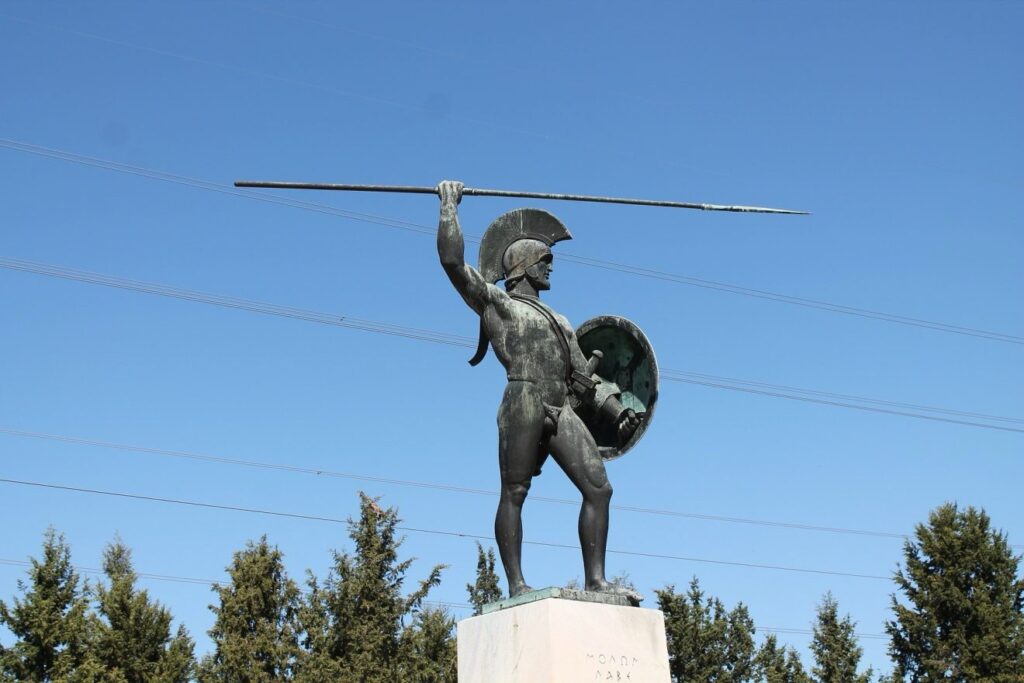
Leonidas of Sparta is still honored as one of history’s greatest warriors. The son of King Anaxandridas II, Leonidas I co-ruled Sparta alongside King Leotychidas, as per Sparta’s unique tradition of having two kings. Sparta was renowned for its rigorous training system, where young boys were subjected to brutal trials, often pitted against one another or wild animals. Only those who survived these ordeals would become hoplites, Sparta’s elite soldiers.
During the Second Persian War, Leonidas led 300 Spartan hoplites in the legendary Battle of Thermopylae, also known as the Battle of the 300. A Spartan prophecy foretold that either Sparta would fall or one of its kings would die in the conflict. The prophecy was fulfilled when Leonidas and his men perished while holding off the vast Persian army.
Although Leonidas and his hoplites were defeated, their heroic stand became a symbol of courage and self-sacrifice. Leonidas’ leadership and the determination of his soldiers inspired the Greeks in their struggle against the Persian invasion, cementing his legacy as a symbol of strength and defiance.
The historian Herodotus, in his famous work “Histories,” noted that Leonidas was a descendant of the mythical hero Hercules. While some of Herodotus’ accounts are questioned for their accuracy, his writings largely provide a reliable glimpse into Leonidas’ life and the events that shaped his legend.
3. Julius Caesar
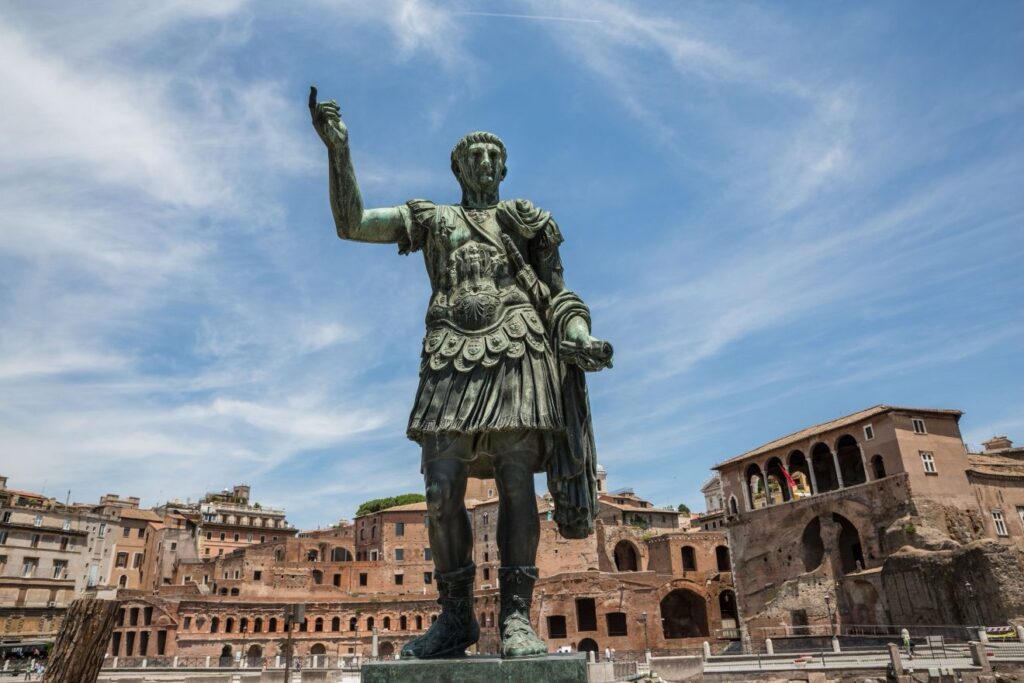
Julius Caesar remains one of Rome’s most iconic figures, remembered for the notorious betrayal that led to his assassination. However, the tension between Caesar and the Roman Senate had been brewing long before his death, fueled by deep political divisions. Though not officially a king, Caesar’s bold move of crossing the Rubicon River—a seemingly small act—defied the Senate’s authority and signaled his intent to challenge their power. This act of rebellion ultimately ignited a civil war.
A brilliant military strategist, Caesar rapidly rose through the ranks, forming key alliances that bolstered his political strength. One of his most influential allies was Crassus, the wealthiest man in Rome with significant political and military sway. Another key partner was Pompey, a leading political figure at the time.
Caesar’s conquest of Gaul, where he vanquished the powerful Gallic tribes that had even threatened Rome, cemented his reputation and stirred envy in Pompey, who eventually betrayed him. In the ensuing Great Roman Civil War, Caesar emerged victorious over Pompey. Later, in Egypt, he defeated Pharaoh Ptolemy XIII at the Battle of the Nile, reinstating Queen Cleopatra to the throne.
Despite his military successes and reforms that reshaped Rome, the Senate feared Caesar’s growing influence. Their decision to assassinate him was driven by a desire to protect the ideals of the Roman Republic. However, the assassination sparked the Liberators’ Civil War and set off a chain of events that contributed to the eventual fall of the Roman Empire.
2. Genghis Khan
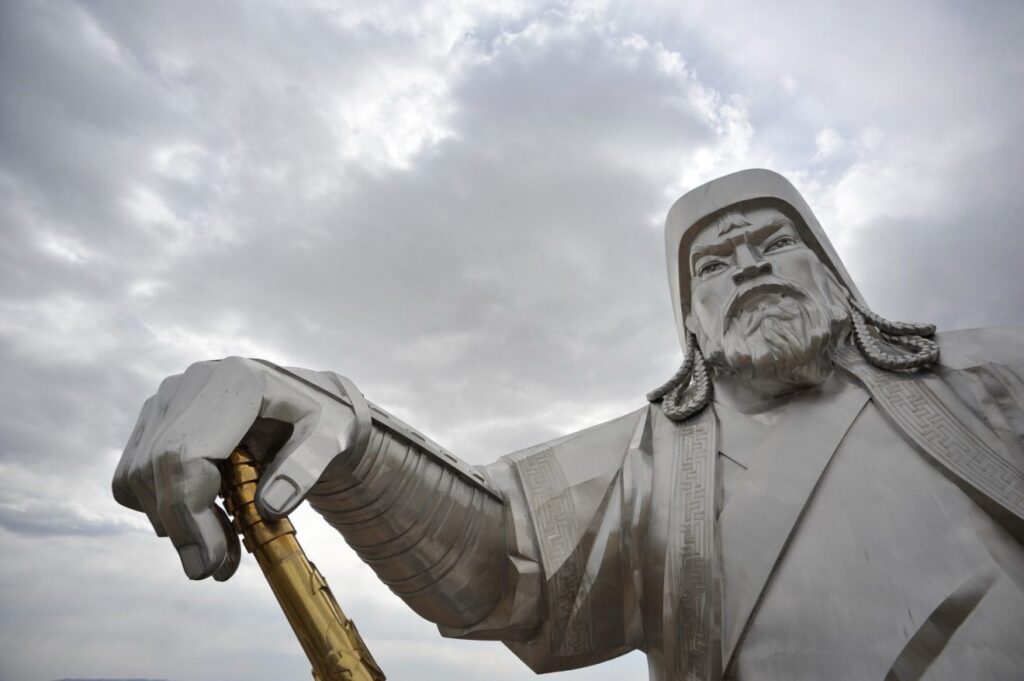
Genghis Khan, one of history’s most iconic warrior kings, was born as Temujin in 1162 near Lake Baikal in Mongolia and passed away on August 18, 1227. His remarkable legacy includes the unification of Mongolian tribes and the creation of one of the largest empires in history, stretching far beyond Mongolia to conquer lands as distant as the Adriatic Sea. His military successes and leadership have cemented his place among the greatest warriors in history.
Genghis Khan was known not only for his physical strength but also for his brilliant strategic mind. Despite his humble beginnings, he became a master of warfare and governance, preferring conquest to trade as a means of expanding his empire. Much of what is known about him comes from non-Mongolian sources or from the Secret History of the Mongols, written in the 1200s. This has led to portrayals of Genghis Khan’s empire as a brutal and destructive force, often overlooking the complexity and organization behind his campaigns.
While historians continue to debate whether Genghis Khan was a ruthless conqueror or a more nuanced ruler, his influence is undeniable. His numerous wives and offspring have resulted in an estimated 16 million descendants today. Despite his immense historical significance, the location of Genghis Khan’s tomb remains a mystery, and the exact circumstances surrounding his death are still unknown.
1. Alexander the Great
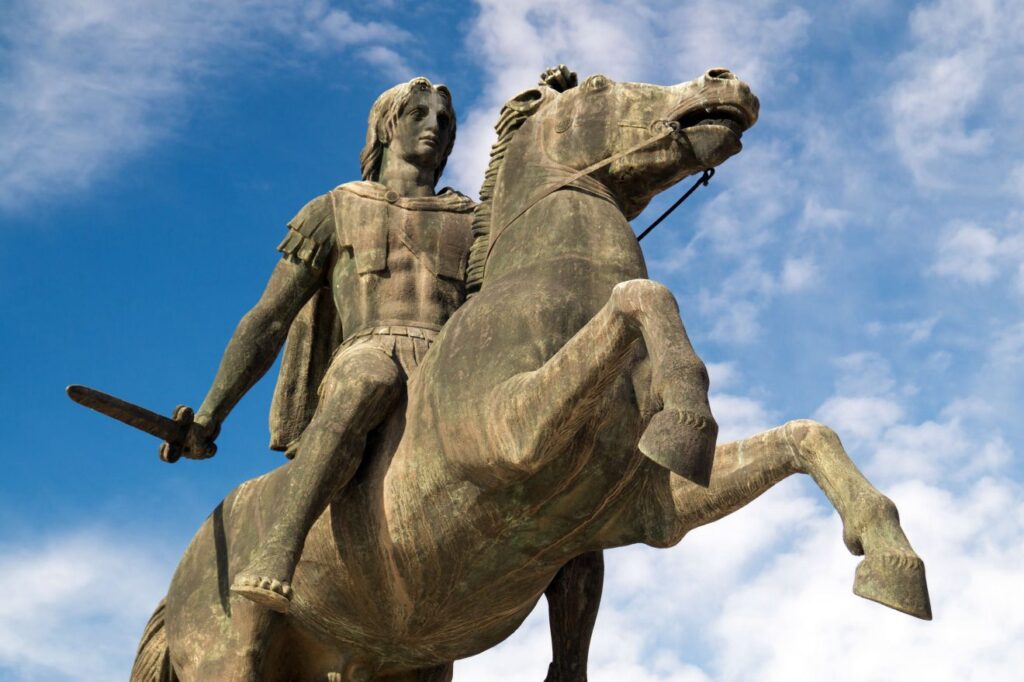
First on our list is the legendary Alexander the Great, often regarded as one of history’s most formidable warriors. Born in 356 BCE in Pella, Macedonia, and passing away on June 13, 323 BCE in Babylon, Alexander is renowned for his incredible military achievements. As king of Macedonia from 336 BCE until his death, he is most famous for conquering the Persian Empire and leading his armies as far as India, establishing an empire that spanned three continents.
The son of King Philip II of Macedonia and Queen Olympias, Alexander’s intellectual foundation was laid by the philosopher Aristotle, who tutored him in subjects like medicine, science, and philosophy. Under Aristotle’s mentorship, Alexander developed a deep understanding of the world, although he notably clashed with his teacher on the issue of slavery.
Even before ascending to the throne, Alexander had proven himself as a capable warrior. He participated in key battles such as those at Maedi and Chaeronea under his father’s command. Following the assassination of Philip II, Alexander swiftly eliminated his rivals and secured his place as king. He then turned his attention to the Persian Empire, successfully invading and using its vast wealth to reward his loyal troops.
After defeating King Darius III of Persia, Alexander displayed both strength and compassion. When Darius fled, abandoning his family, Alexander ensured their safety, demonstrating a rare sense of mercy even in the face of conquest.
Tragically, Alexander’s life ended at just 32 years old, with historians divided over the cause of his death. Some suggest malaria, while others speculate that he was poisoned. Without his leadership, his vast empire soon disintegrated. His son, Alexander IV, and his half-brother, Philip Arrhidaeus, were assassinated, and his once-great empire fragmented into several smaller kingdoms.
